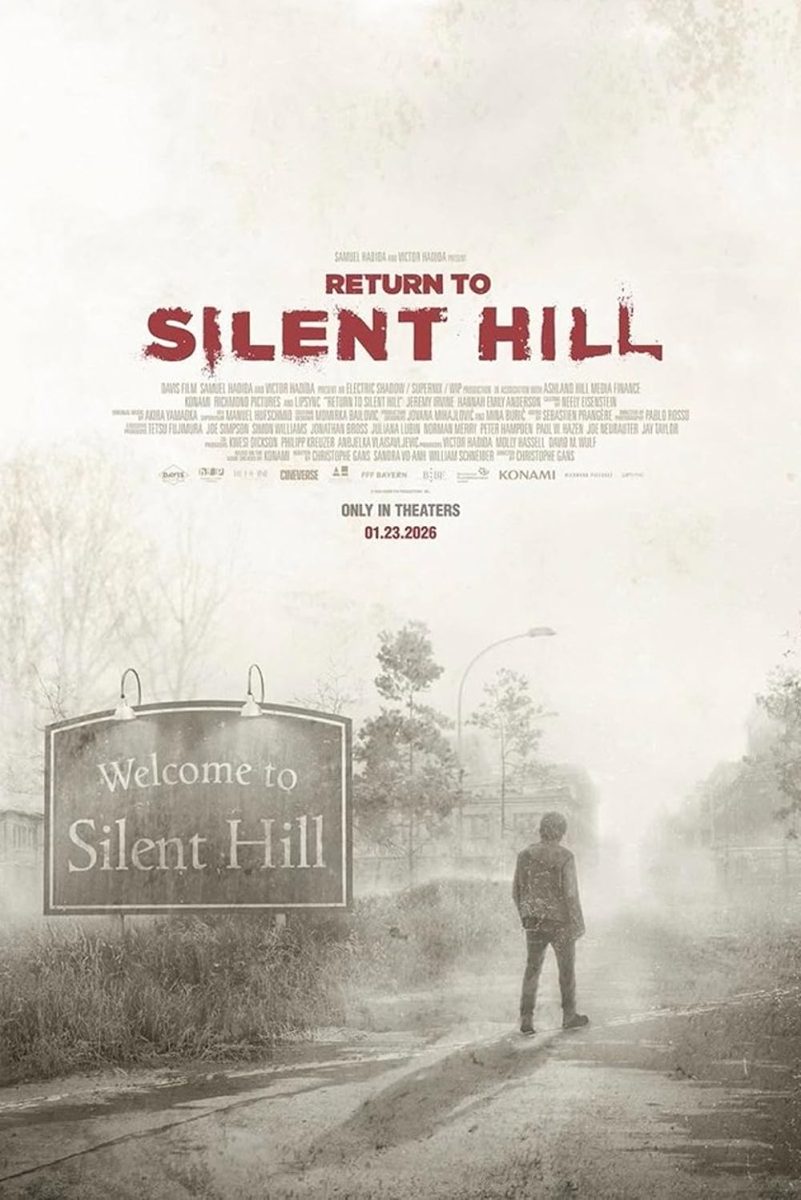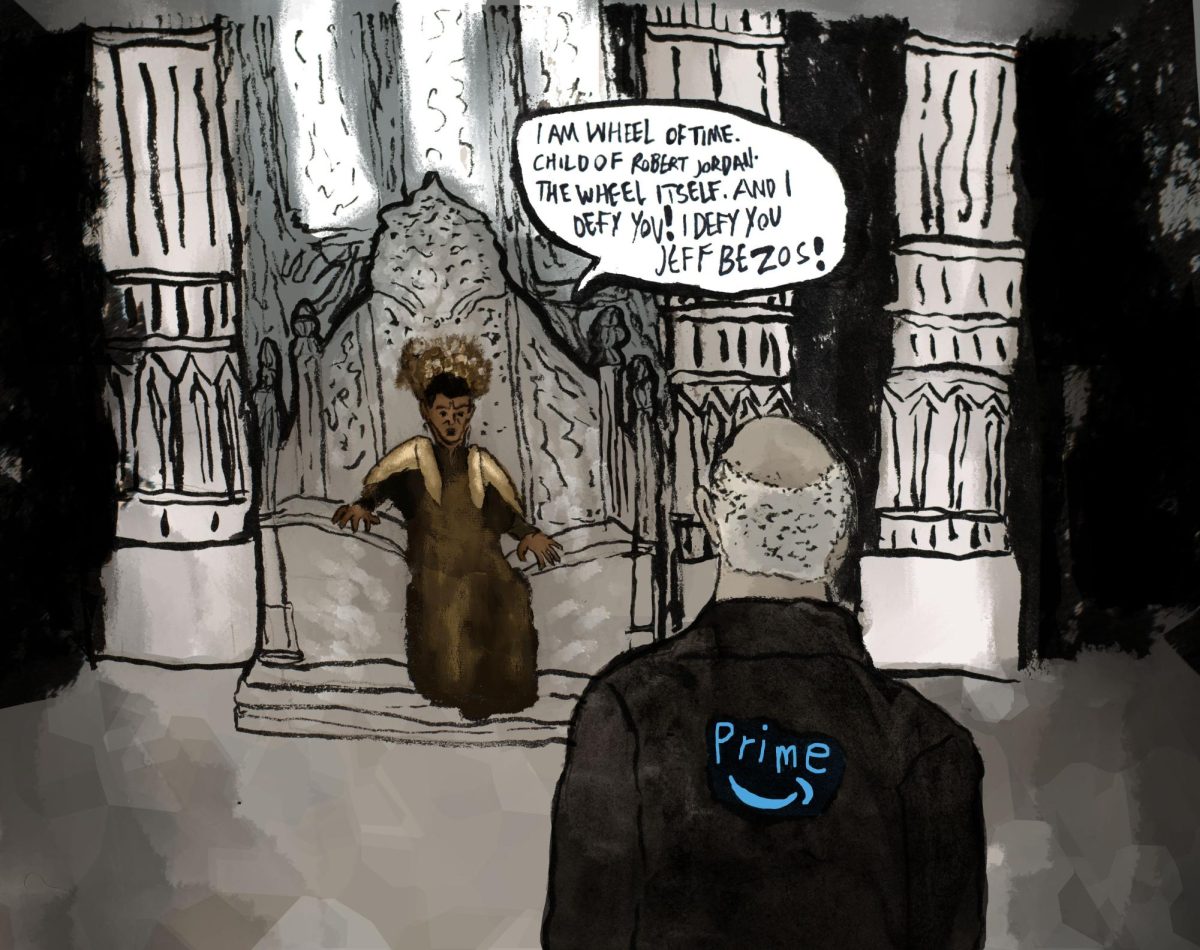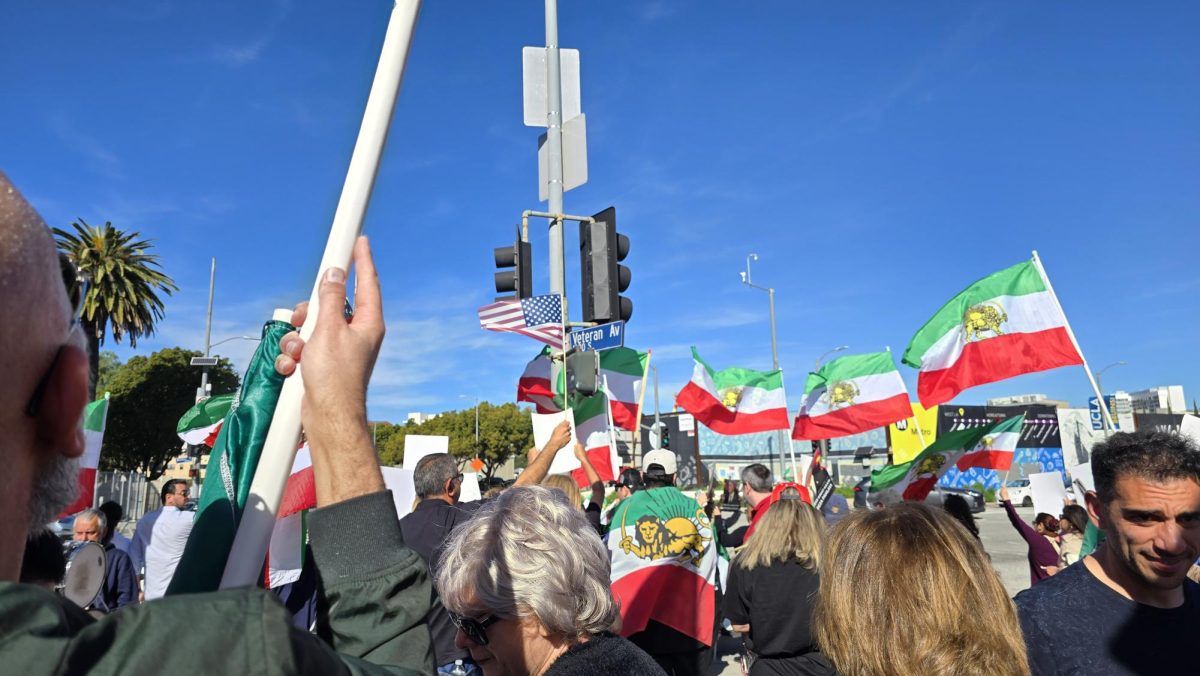
After the Daily News broke the story of Professor Kenneth Ng’s “sex tourism website” in April 2010, the Gender and Women’s Studies and Asian American Studies Departments issued a joint statement, asserting that Professor Ng’s activities were fundamentally at odds with “the values and principles of the university.”
We, as students, agree. At the Oct. 6 Forum on Human Trafficking, many groups banded together to expose the issue at large. Some of the agencies that helped sponsor the event, organized by GWS and AAS students and faculty, included the Office of the Provost, the College of Social Behavioral Sciences, the Oviatt Library, Humanities, and the professor’s own College of Business and Economics.
Professor Ng maintains that his blog offered the “most accurate and comprehensive real life look” at the lives of Thai women, but, in actuality, he offered his own subjective vision, informing men on how to take advantage of disadvantaged Thai women.
There are thousands of blogs that have similar information, purporting to instruct foreign men on how to infiltrate the Thailand girl scene (as the tagline of bigbabykenny.com claimed, “Learn how to get banged better, cheaper, and more efficiently in the Thailand Girl Scene”).
One of the speakers from the forum, Chancee Martorell of the Thai CDC, shared with us, “What was especially hurtful for many of us in the Thai community, who regard teachers with such high esteem, was that a professor was behind this blog.” We agree. We asked ourselves, “How could a professor from CSUN actually promote the exploitation of women in Thailand?” As students, we believe that professors should uphold a certain level of ethical and professional standards.
Asian Americans for Community and Talent, the Gender and Women’s Studies Student Association, Delta Lambda Chi, and the student Performance Ensemble of the Communications Department took a proactive approach to this scandal, examining issues that went far beyond this one professor—we chose to ignite students’ consciousness and to highlight the larger issues that the blog raised about sex tourism, especially its human cost and its manifestation in human trafficking victims.
During our Oct. 6 forum, we discussed human trafficking as not just an issue that impacts our neighboring countries, but also a problem here in the U.S. The forum urged viewers to be the change we want to see, and that simply arguing about the issue is not enough.
Students can take individual and collective action, whether it is to write a letter to CSUN officials or to join organizations that fight to end human trafficking—organizations like the Thai Community Development Center (Thai-CDC) and the Coalition to Abolish Slavery and Trafficking (CAST) that work both to liberate and support survivors in our community.
Wanda Pathomrit, Brian DeGuzman, and Miguel Zarraga
CSUN Asian Americans for Community and Talent





